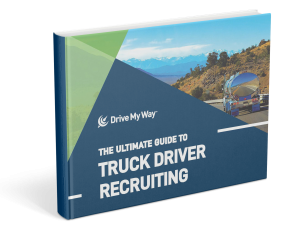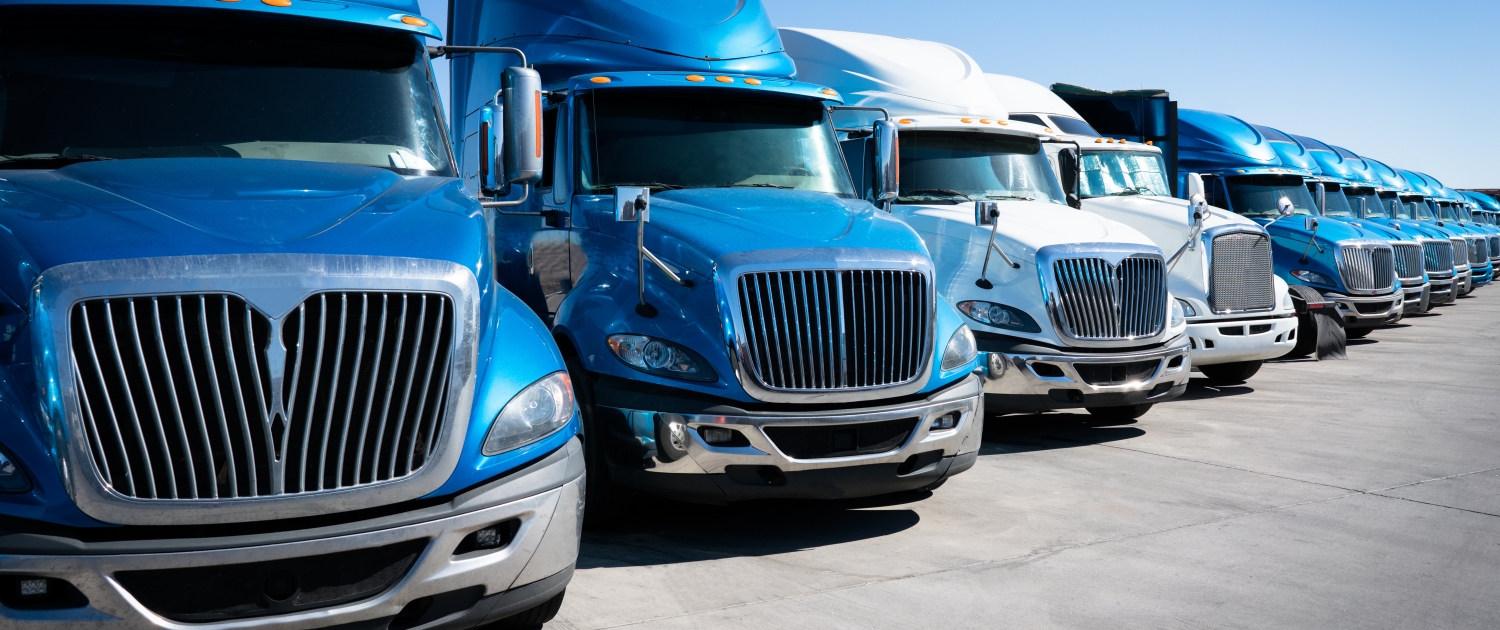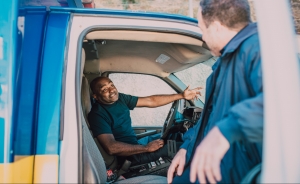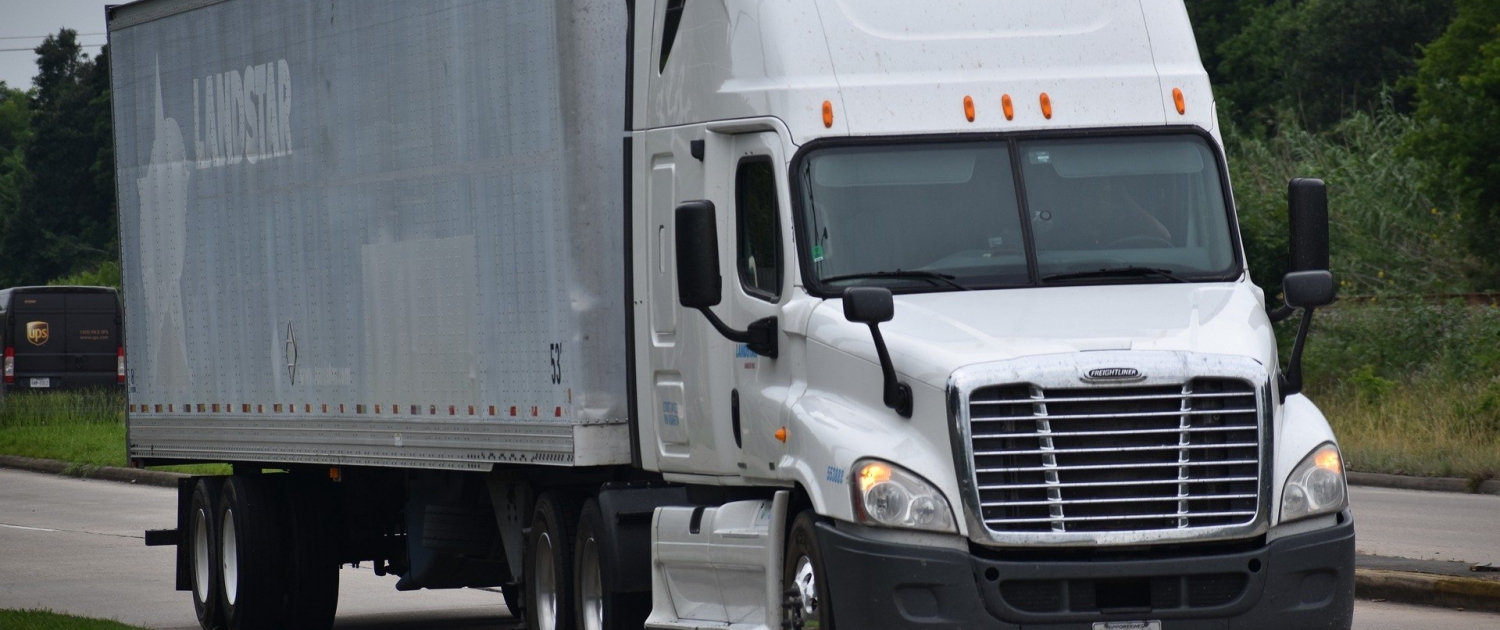
The Benefits of Truck Driving Jobs for Military Veterans
Trucking jobs offer flexibility for veterans to spend time with family and explore the country. CDL jobs provide good salaries, job security, and career advancement. They also play a crucial role in our economy by transporting goods across the country.
Why Veterans Should Consider a Truck Driving Career
Military veterans have a natural edge when it comes to truck driving careers. The skills learned in the military, across various branches and roles, can be effortlessly applied to truck driving. With a successful military career, you most likely already have the traits that make for a great commercial truck driver. Don’t be surprised to realize how much potential you have in this line of work.
Work Environment
Truck driving careers offer a unique blend of independence and camaraderie. Drivers enjoy the freedom to choose their own hours and income while also being supported by their carrier and a tight-knit community of fellow drivers. With the potential for high earnings, a career in truck driving is an attractive option for veterans seeking a fulfilling and flexible career path.
Skills and Requirements
Truck driving demands a thorough understanding and adherence to rigid government safety regulations and company policies, which include mandatory rest periods and defensive driving practices. Adhering to these guidelines is essential for truck drivers to enjoy a long, prosperous career. Most veterans already possess the fundamental skills that trucking companies seek during intensive training and field experience, such as situational awareness, dependability, leadership, management, and teamwork. Furthermore, disciplined and committed military veterans won’t have any trouble acquiring specific driving skills through CDL training and driver orientation.
Waive the skills test!
Veterans with significant military driving experience may be eligible for a skills test waiver, and those with a CDL from their time in the military can start their driving career with a higher pay rate.
Job Security
Veterans seeking job security, a steady income, and retirement options should consider a truck driving career. Your talents are in high demand. It’s an excellent career transition option for retired veterans with the added benefit of company benefits.
The trucking industry needs skilled and dedicated drivers. Fortunately, military veterans possess the qualities and capabilities that make them ideal candidates for a successful career in truck driving. With the added benefits and support available to veterans, this path offers a promising and fulfilling option for those seeking a new direction.
Ultimate Guide to Truck Driver Recruiting
Current ways of recruiting truck drivers just don’t work anymore. That’s because recruiting isn’t a transaction. This ultimate guide helps carriers recruit for retention.




 As it stands right now,
As it stands right now, 



 Truck driving isn’t a one size fits all type of job. Drivers have choices for everything from the kind of freight they haul, how far they drive, and where they drive. But before they decide if they want to haul dry van or hazmat, or run OTR or local, they need to make two decisions first; Whether they want to drive under their own authority and what kind of trucking carrier they want to drive for.
Truck driving isn’t a one size fits all type of job. Drivers have choices for everything from the kind of freight they haul, how far they drive, and where they drive. But before they decide if they want to haul dry van or hazmat, or run OTR or local, they need to make two decisions first; Whether they want to drive under their own authority and what kind of trucking carrier they want to drive for. Company drivers work as employees under the authority of a trucking company. This arrangement is where most truck drivers fall. The biggest benefits of being a company driver are the health benefits and lack of financial investment on the part of the driver.
Company drivers work as employees under the authority of a trucking company. This arrangement is where most truck drivers fall. The biggest benefits of being a company driver are the health benefits and lack of financial investment on the part of the driver.  Truck drivers can make a lot of money bring an owner operator, but the initial costs associated with it can be too much for many drivers. This is where
Truck drivers can make a lot of money bring an owner operator, but the initial costs associated with it can be too much for many drivers. This is where  An owner operator is a truck driver who owns (or has financed) his or her own truck and drives under their own authority. Generally speaking, drivers will only become owner operators after years of experience on the road working as a company driver.
An owner operator is a truck driver who owns (or has financed) his or her own truck and drives under their own authority. Generally speaking, drivers will only become owner operators after years of experience on the road working as a company driver.  You’ve been on the road all day, finally pull into a much-needed rest stop where you plan to shower and clean up before dropping off a load. But the shower is broken or looks like might actually get you dirtier.
You’ve been on the road all day, finally pull into a much-needed rest stop where you plan to shower and clean up before dropping off a load. But the shower is broken or looks like might actually get you dirtier.

